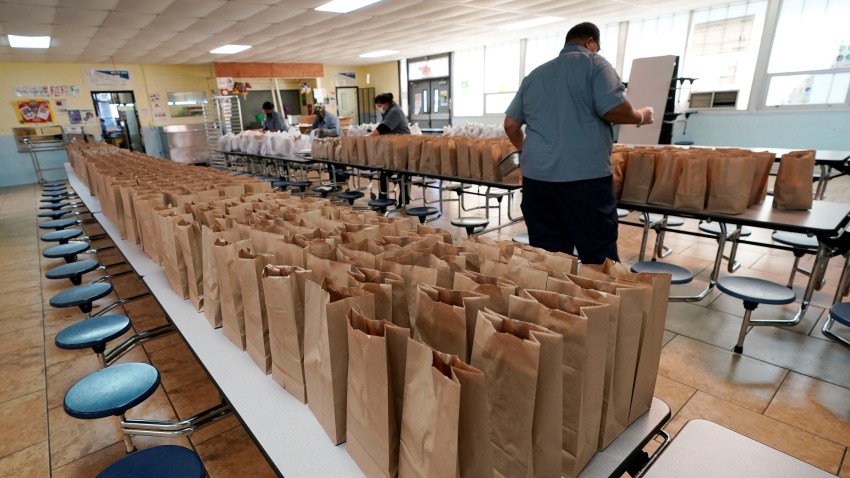In his State of the Union address last week, U.S. President Joseph Biden laid out his administration’s numerous policy achievements aimed at the poor and working class, in language that seemed to speak directly to those Americans struggling hardest. Simultaneously, his remarks celebrated the widely trumpeted end of the COVID-19 pandemic.
But Biden notably said little about an important downside for poor and working-class Americans of declaring the pandemic over: increased food insecurity. For all the pandemic’s horrors, the policies enacted in response to it helped improve public health by making sure that more Americans could access food. Eligibility for the federal food stamps program was increased, for instance, and monthly payments under the Child Tax Credit augmented grocery budgets of the families that received it.
But hunger is spiking again, because many of these policies are expiring just as the price of food, as well as gas and other essentials, is on the rise. This provides both a challenge and an opportunity for Biden’s efforts to appeal to the “forgotten” working class—and for advocates working to end hunger to reframe food as a public good rather than a form of charity, and a human right rather than a commodity.

